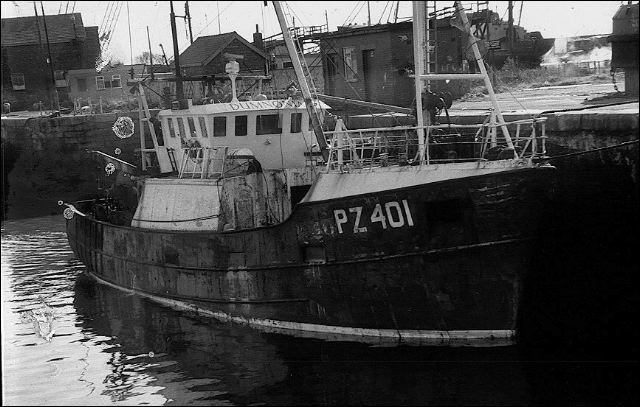The answer is simple...
 |
| nice one Phil ;-) |
EAT THEM!
Welcome to Through the Gaps, the UK fishing industry's most comprehensive information and image resource. Newlyn is England's largest fish market and where over 50 species are regularly landed from handline, trawl, net, ring net and pot vessels including #MSC Certified #Hake, #Cornish Sardine, handlined bass, pollack and mackerel. Art work, graphics and digital fishing industry images available from stock or on commission.
"I have just returned from the @Gap2 conference in Barcelona, and I have spent the last 24 hrs going through my mind what I have learned from it.
The Gap2 was set up to promote Participatory research and co-management in fisheries. The symposium in Barcelona was the end of the project and was the meeting point for all the participants to show case the work that they had been involved in.
I got involved very late in the Gap2 project, we were asked to show the work that we had been doing with the CQT scheme, in partnership with the MMO and CEFAS. I was very pleased to be given a chance to go to the Gap2 as the work we have been involved with, mirrors what the Gap2 is about.
From our experience with the CQT scheme and the work we did last year, we have come to realise how vital it is for the industry to have real time data being continuously recorded and for that data to be interpreted and used quickly to help mange our fishery better.
The only way this works, is with the collaborative approach of all the agencies working together, our role was to collect and collate the data, this then went to the MMO who then interpreted the data and turned into something useful, then CEFAS validated the data and worked it into the science.
So I was more than happy to go to the conference and support this approach, It was really good to see the work that other fisherman were doing, that had the same collaborative approach and there was, a lot ideas sharing going on.
The UK was well represented with work also being undertaken by the south Devon crab fisherman and the Devon IFCA, there was also plenty of other presentations by other member states.
On the first day in the morning we had some presentations from country's outside of the EU, one was from the Canadian lobster fishery off Newfoundland and the other was from an Australian scientist from the east coast and pacific area.
Both of these presentations were great and they showed how when fisherman scientists and managers listened to each other, they could deliver far more sustainable fisheries.
I couldn't help feeling jealous as they talked of their approach and how the simple bottom up led approaches had really delivered the very much needed results. This was primarily down to communicating the problems they all faced and thinking around how to achieve the best results.
Another huge factor in their success over ours, was they only had one member state to deal with so the level of bureaucracy was far lower.
What I have learned from the Gap2, is that the UK is delivering a good route for real time data, and has the right equipment to achieve this, its just that at EU level this approach is not receiving the incentives that it requires for it too move up a level and deliver the greater coverage we need, for a more reactive fishery.
This work is important as we work towards the discards ban, we met with DEFRA yesterday and they came to Newlyn to discuss the implementation process. I was really pleased to hear how much they had listened to the industry, and that they were going to take a very pragmatic approach.
I am sure we will have our difficulties along the way, but DEFRA are looking at an incentive led approach which will reduce discards but maintain economical fisheries. This has come as a huge relief to us as an industry, as the discards ban at face value was causing a lot of anxiety, we will still encounter huge difficulties as we work towards 2019 but at UK member state level it seems they well understand the problems we face.
So for us facing the discard ban we need more real time data and more reactive science and policy at the EU level. This is going to be where we encounter the greatest problems. Particularly where member states differ on how to implement it, and for us down here in area 7 the huge issue of relative shares, how will the EU deal with this very large obstacle?
Gap2 has shown that fisherman are more than willing to participate in the collaborative approach and they have support at the local level of managers and scientists.
The technology we have at our disposal these days is mind blowing but it is under utilised and we have to ask ourselves why?
So before we all slap each other on the back and congratulate ourselves we have to remember that fisherman doing science is nothing new and we have known for a long time that this is the approach needed. Gap2 is an EU funded initiative and it has to be the policy makers and scientists at this level who learn the lessons from this. It's just a wonder that it has taken so long for the EU to realise this and they should take from this that we still have a long way to go, and it will be the policies from EU level that help drive this approach forward."
 |
| Fleetwood, well past its heyday even in 1988 |